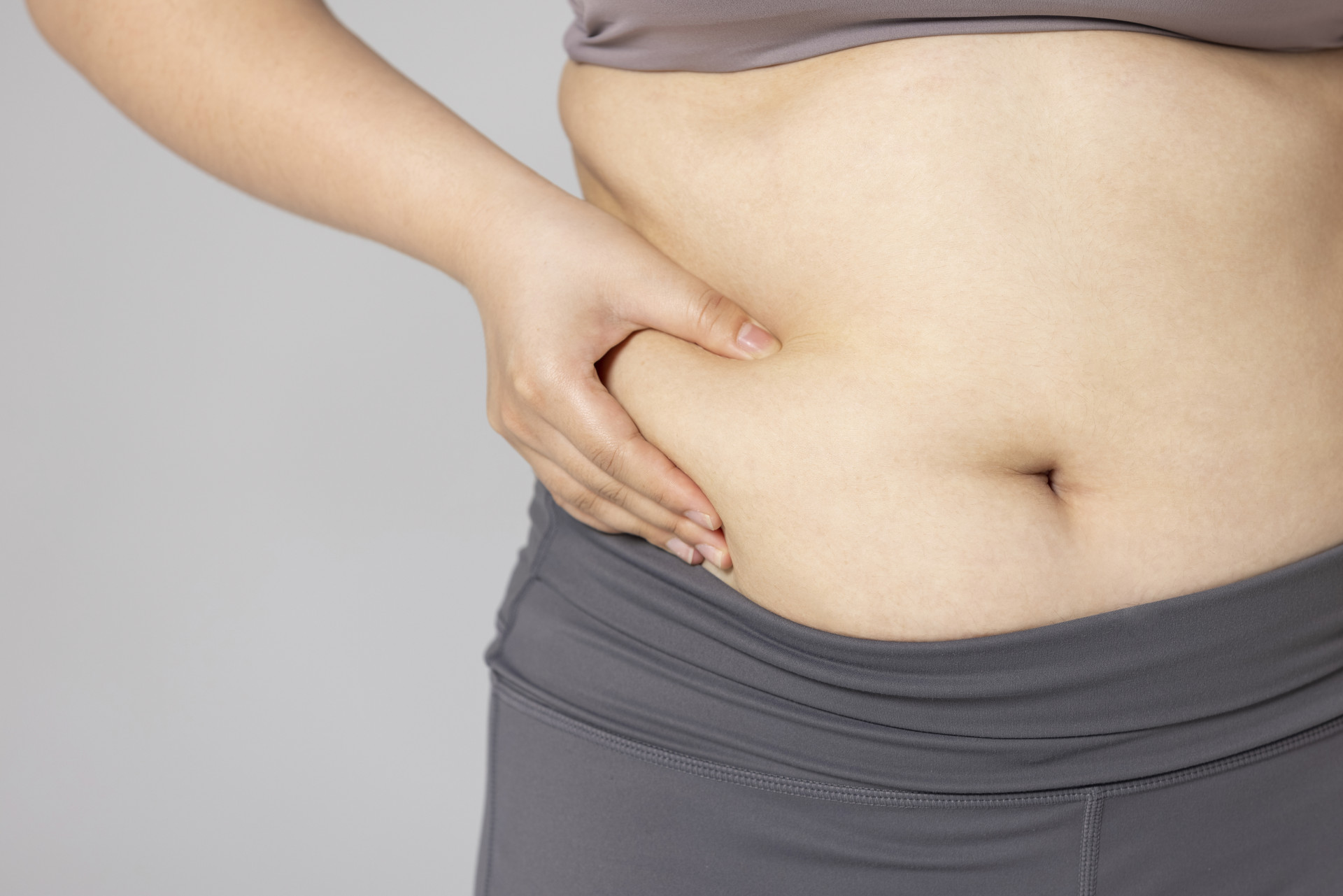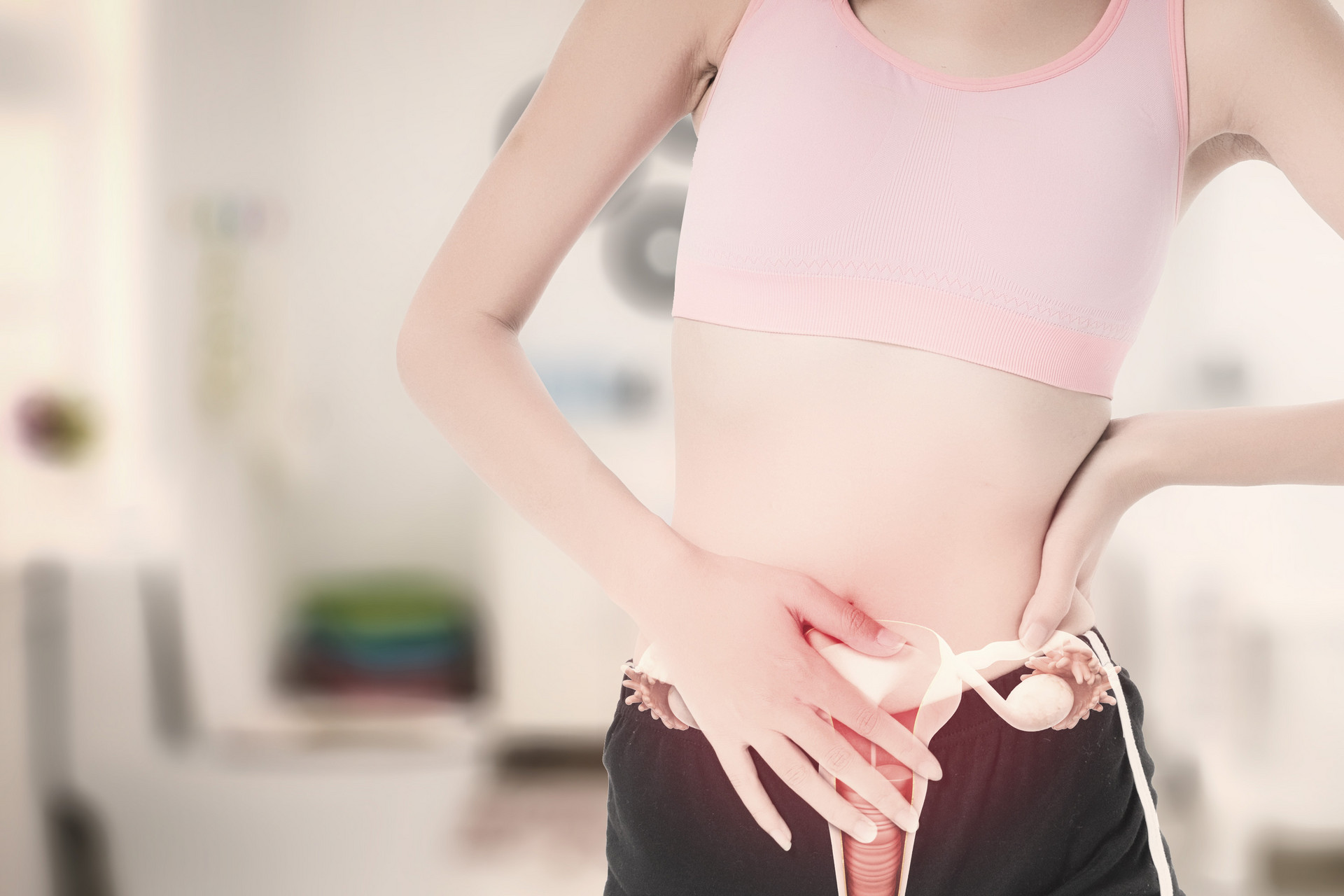In summer, many pregnant women experience constipation due to the impact of weather on their mood and irregular eating habits. When faced with constipation, many pregnant women feel helpless. However, as long as they pay more attention to regular eating habits and engage in appropriate exercise, constipation can easily be avoided. Let me explain in detail below.
Constipation is common among pregnant women and is related to their physical changes and lifestyle habits. The most important cause of constipation in pregnant women is hormones. From ovulation to menstruation, progesterone plays a major role. Progesterone has an inhibitory effect on intestinal peristalsis, and the direct result of weakened peristalsis is constipation. After women become pregnant, the function of progesterone becomes stronger as the pregnancy progresses, and it continues until the end of morning sickness, which is around 4 months into the pregnancy. This period is prone to constipation. From 4 to 6 months of pregnancy, the effect of progesterone weakens, and constipation may be relieved. However, at this time, the pregnant woman's intestines may become constipated again due to the pressure from the enlarged uterus. At the same time, the blood vessels in the abdomen of pregnant women are compressed, leading to poor blood circulation in the legs, which may cause hemorrhoids. Throughout pregnancy, due to concerns about the impact on the fetus in the abdomen, pregnant women generally lack exercise, which is also one of the causes of constipation.
What pregnant women should really worry about is diarrhea, not constipation. If diarrhea is caused by taking laxatives due to constipation, it can stimulate uterine contractions and pose a risk of miscarriage or preterm birth. In addition, during the period of morning sickness, it is normal for pregnant women to have a bowel movement every 2-3 days due to their small food intake, so there is no need to be nervous.
To prevent constipation in the scorching summer, pregnant women should drink plenty of water and avoid excessive consumption of cold drinks to avoid damaging the spleen and stomach. They should also eat more fresh vegetables, fruits, and soy products. Milk, soy milk, homemade fruit and vegetable juice, chrysanthemum tea, and lemon tea are all good choices of beverages.











